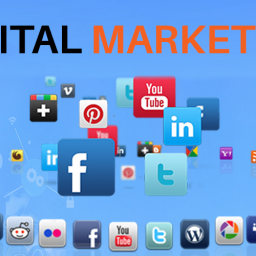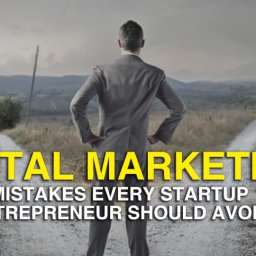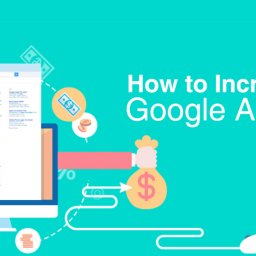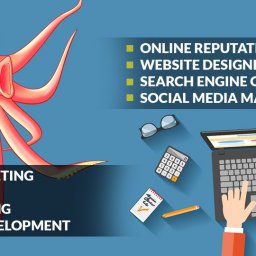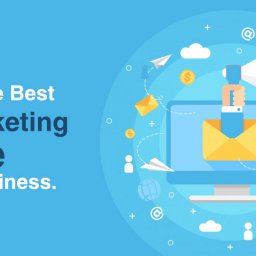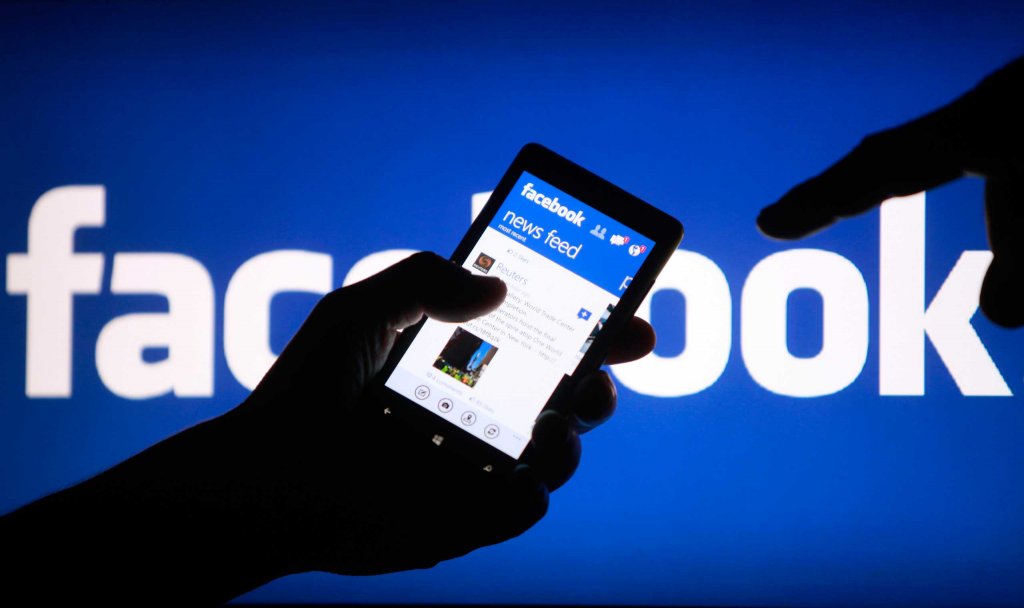
The social media giant turned fourteen this year and is currently among the most sustainable business in the marketing world. With annual revenue of 40 billion, the company has successfully provided a platform for engaging users and content creation. The company has been growing manifold with time and with smart acquisitions of other platforms that cater to user engagement like WhatsApp and Instagram that can supplement its value in time and can help grow itself in the marketing ecosystem, acquiring them for a whopping amount.
The content-driven platform aims at connecting people and has been driven towards this goal turning it to a sweet pot for marketing professionals and industry because of its user engagement. The platform has also played a key role in various social events in time, providing a way to share views and ideas in the multiple forms of media like images and videos. The company has acquired firms promoting new technologies like Oculus VR and AI platforms thus growing its base in the industry.
Facebook Messenger
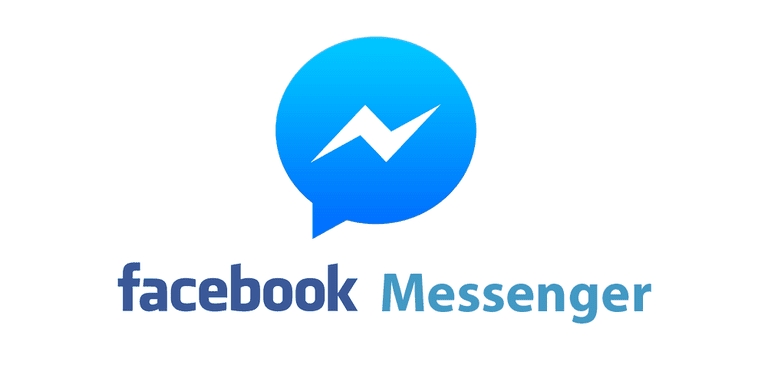
Like many other engaging tools available on the Facebook platform for a user, the messenger does has a significant role to play. Evolved from an onsite chat option as Facebook Chat in the initial days (early adoption in 2008) to a lightweight standalone mobile application today, facebook messenger has come a long way through the development phases, unlike its previous versions the messenger provides audio and video streaming services too on the mobile carrier network.
This has grown its user engagement and also provided multiple data point for the company to cater its marketing needs since it provides an insight to the people’s view and helps in providing ongoing trends in the community.
Reasons for Using a Messaging App:
1. High Engagement Rates:
Marketing apps have a very high engagement rate in comparison to emails and other channels. It has an opening rate of 80% and a click-through rate of over 30%. Since people are more likely to view messages on an app than an email, hence very high engagement rate.
2. Less Friction than Email Communication:
Compared to an abruptly filled email inbox that involves tedious job of working with thousands of messages, chat apps are more friction-free and are easy to connect and relate to.
3. More Marketer-Friendly Than SMS:
Compared to a text-based channel like SMS, where the options to add video and images are very limited, Messaging apps are more user-friendly.
Messenger as a marketing platform
The messenger has been a widely used tool since the day of its release. Owing to being a part of the popular social media giant, user engagement was never an issue for the app, since it was easy for the ongoing audience to communicate to others using this.
But with the change in time, the messenger platforms technology and its uses have also evolved. The tools for business use now comes with additional options like chatbots, which have been now widely used by business and can automate response and analyze customer usage. When Facebook Messenger Ads came available in 2016, marketers were excited and the ads were served owing the app’s popularity and convenience.
Facebook tools like ManyChat, cost around $10 per month to send out messages and the cost increases with the number of users you want to connect to. The bots are now gaining traction’s and help to connect with customers. Since Marketing is becoming more conversational, like 1-1 now, Bot usage has become more practical and different than email communication.
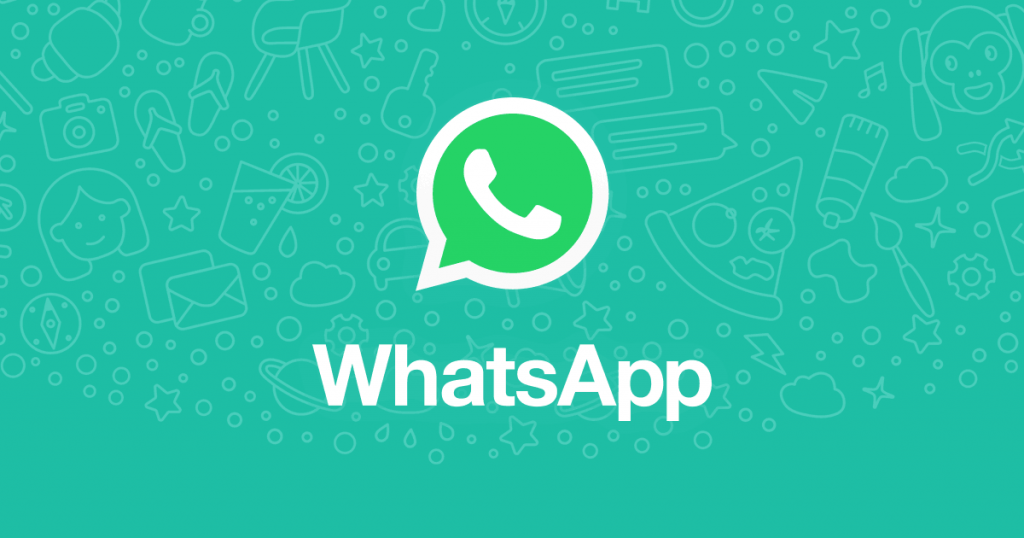
The freeware app and VOIP service that started over nine years ago is now the most popular messaging app in the world with an over 1.5 billion user engagement. WhatsApp started as a basic VOIP service and a replacement for SMS service. The application runs from a mobile device and after recent updates can now be run from desktops as well. With the growing popularity and business need, the company later released a business version of the service, where business can provide improvised customer service to their customers at a large scale the company was acquired by Facebook in 2014 for 18 billion.
WhatsApp as a marketing platform:
WhatsApp is an alternative to SMS in around 109 countries, that accounts for around 60% of all the worlds communication. The daily messaging volume is around 50 billion. Hence this forms a prime reason to use this a marketing medium since a large portion of the population is already using the platform.
Also, most active users of smartphones today are in the age group of 18-29 and the account for 52% of the WhatsApp users. The level of engagement can be understood from the stats that 90% of the WhatsApp messages are opened within the first three seconds of receiving.
For Marketing there are three viable options for connecting with the Right Audience:
1. One to One Chat: Directly chat with other clients or customers on your contact list.
2. Broadcast Lists: Sending a message to a predetermined list of personnel individually.
3. Groups: You create an audience or group of like-minded people and can share contents with them.
The prime steps that one can take while building a successful Ad Campaign on WhatsApp is:
1. Creating an engaging brand for WhatsApp and offer help to inspire new uses of the product.
2. Offer great value and in turn, build a phone database and be interactive and engaging.
3. Extremely superb customer service and discreet advice.
4. Ensure appropriate consumer research.
Comparison: Facebook Messenger V/S WhatsApp
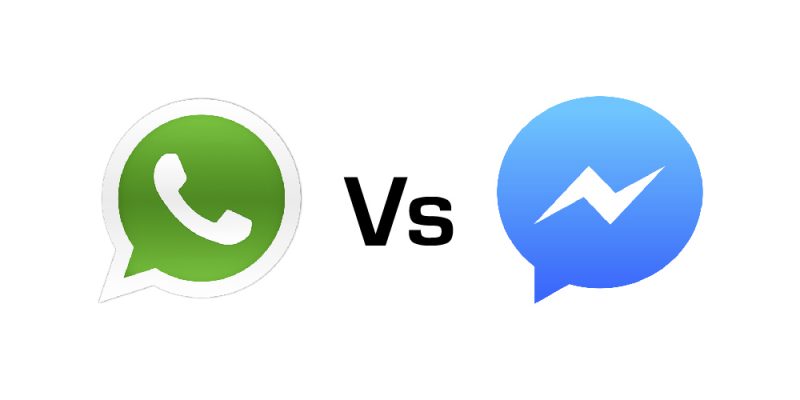
1. WhatsApp is a perfect solution for social media shy customers, unlike Facebook Messenger which involves a lot of interaction in that aspect.
2. Also, Facebook Messenger provides a lot of tools in comparison to WhatsApp, and since both the apps have a dedicated user base, their usage caters is very subjective to the user’s style of using the platform and preferences. This plays a key role in understanding the user behaviors around these apps.
3. Both platforms are not regulated like companies don’t have a regulated set of policies for their WhatsApp or facebook engagement.
4. Hence, it all boils down to the marketer’s need to understand the buyer’s requirement, whether you are targeting customer or business. Both platforms are in exploratory phases in these aspects.
Hence, we help business to cater to their needs and decide what platforms are better as per their requirement of the marketing strategy. To help and discuss more with our marketing experts on this, Be In Touch.

